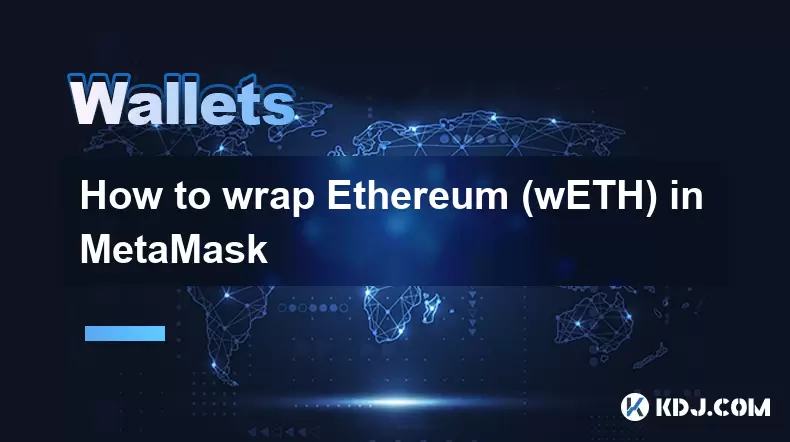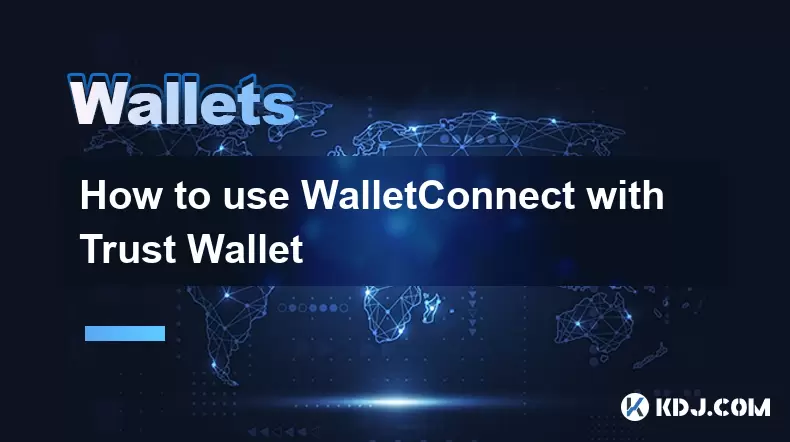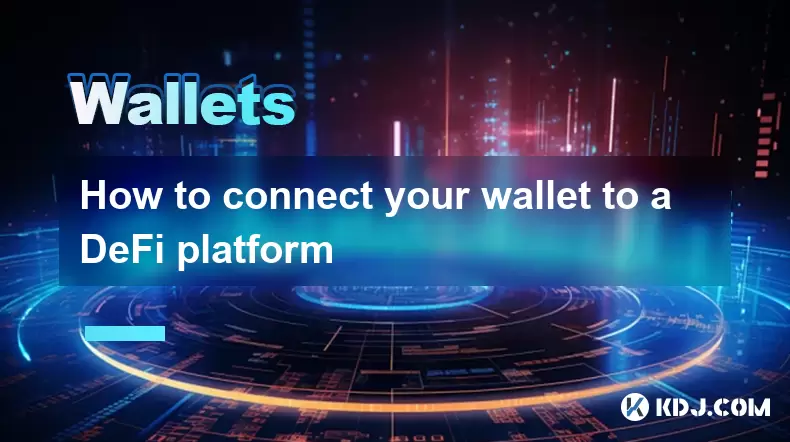-
 Bitcoin
Bitcoin $117700
-1.00% -
 Ethereum
Ethereum $4458
-3.91% -
 XRP
XRP $3.119
0.14% -
 Tether USDt
Tether USDt $1.001
-0.02% -
 BNB
BNB $836.6
-1.56% -
 Solana
Solana $189.5
-3.90% -
 USDC
USDC $0.9998
-0.02% -
 Dogecoin
Dogecoin $0.2335
1.29% -
 Cardano
Cardano $0.9642
1.51% -
 TRON
TRON $0.3539
-1.19% -
 Hyperliquid
Hyperliquid $47.41
-1.84% -
 Chainlink
Chainlink $21.92
-3.28% -
 Stellar
Stellar $0.4286
-0.23% -
 Sui
Sui $3.724
-3.29% -
 Bitcoin Cash
Bitcoin Cash $594.8
-0.78% -
 Ethena USDe
Ethena USDe $1.001
0.04% -
 Hedera
Hedera $0.2501
-2.06% -
 Avalanche
Avalanche $23.96
-4.87% -
 Litecoin
Litecoin $119.0
-2.32% -
 Toncoin
Toncoin $3.473
0.82% -
 UNUS SED LEO
UNUS SED LEO $9.596
0.17% -
 Shiba Inu
Shiba Inu $0.00001301
-0.39% -
 Uniswap
Uniswap $11.03
-0.25% -
 Polkadot
Polkadot $3.935
-2.62% -
 Dai
Dai $1.000
0.01% -
 Bitget Token
Bitget Token $4.564
-1.76% -
 Cronos
Cronos $0.1512
-4.11% -
 Ethena
Ethena $0.7306
-1.09% -
 Pepe
Pepe $0.00001087
-2.68% -
 Aave
Aave $300.2
-4.00%
How to prevent the private key of Ethereum wallet from being leaked?
Safeguarding your Ethereum private key requires multiple layers of security: use hardware wallets, strong passphrases, and regularly back up your seed phrase offline. Avoid phishing scams and maintain a secure operating system.
Mar 24, 2025 at 04:42 pm

How to Prevent the Private Key of Your Ethereum Wallet from Being Leaked?
Protecting your Ethereum private key is paramount to securing your cryptocurrency holdings. A leaked private key grants immediate and irreversible access to your funds. This article explores various methods to safeguard this crucial piece of information. Negligence in this area can lead to significant financial loss. Therefore, understanding and implementing robust security measures is essential.
Understanding the Threat Landscape
Many vectors exist for private key compromise. Phishing scams, malware infections, and hardware vulnerabilities are just a few. Social engineering attacks can trick users into revealing their keys. Unsecured storage practices, such as storing keys in easily accessible files or using weak passwords, also pose significant risks. Understanding these threats is the first step in effective prevention.
Securing Your Private Key: Best Practices
- Hardware Wallets: These physical devices store your private keys offline, providing a high level of security. They offer protection against malware and online attacks. Choose a reputable brand with a strong track record.
- Software Wallets: If using a software wallet, choose a reputable and well-reviewed option. Regularly update the software to patch security vulnerabilities. Avoid using wallets from unknown or untrusted sources.
- Strong Passphrases: Never use simple or easily guessable passphrases. A long, complex passphrase, ideally incorporating random characters, significantly increases security. Consider using a passphrase manager to generate and securely store these complex phrases.
- Regular Backups: Back up your wallet's recovery phrase (seed phrase), but store it securely offline. Consider using multiple offline storage methods, such as splitting the seed phrase across different physical locations. Never store it digitally without strong encryption.
- Operating System Security: Maintain a secure operating system. Install and regularly update antivirus and anti-malware software. Avoid downloading files from untrusted sources. Keep your operating system and all applications up-to-date.
- Secure Internet Connection: Only access your wallet on secure and trusted internet connections. Avoid using public Wi-Fi networks, as these can be vulnerable to attacks. Use a VPN for added security when accessing your wallet online.
- Beware of Phishing Scams: Be wary of suspicious emails, messages, or websites requesting your private key or seed phrase. Legitimate organizations will never ask for this information. Verify the authenticity of any communication before responding.
- Regular Audits: Periodically review your security practices to ensure they remain effective. Staying informed about emerging threats and vulnerabilities is crucial for maintaining optimal security.
Advanced Security Measures
- Multi-signature Wallets: These wallets require multiple private keys to authorize transactions, providing an additional layer of security. This approach adds complexity but enhances protection against unauthorized access.
- Cold Storage: This involves storing your private keys offline completely, on devices that never connect to the internet. This is generally considered the most secure method.
- Encryption: If storing your recovery phrase digitally (which is generally discouraged), utilize strong encryption methods. Consider using tools designed specifically for securing sensitive information.
Addressing Common Concerns
What if I suspect my private key has been compromised?
If you suspect a compromise, immediately change your passphrase (if applicable) and monitor your wallet for unauthorized activity. If funds are missing, report the incident to the relevant authorities and the exchange (if applicable). Consider contacting a cybersecurity professional for further assistance.
How often should I back up my wallet?
Regular backups are crucial. The frequency depends on your usage and risk tolerance. At minimum, back up your recovery phrase immediately after setting up your wallet and then at least annually. More frequent backups are recommended for higher-value holdings.
Is it safe to use a software wallet?
Software wallets can be secure if used responsibly and with caution. Choose reputable options, keep the software updated, and practice strong security habits. However, hardware wallets are generally considered more secure.
What is a seed phrase and why is it so important?
The seed phrase (recovery phrase) is a list of words that act as a master key to your wallet. It allows you to recover access to your funds if your wallet is lost, damaged, or compromised. It's crucial to keep this phrase secure, as its compromise grants full access to your funds.
Are there any foolproof methods to protect my private key?
There is no entirely foolproof method. However, combining multiple layers of security, such as hardware wallets, strong passphrases, and secure storage practices, significantly reduces the risk of compromise. Maintaining vigilance and staying informed about security best practices are vital.
Can I recover my Ethereum if my private key is lost?
No, if your private key is lost and you don't have a backup of your seed phrase, your Ethereum is effectively lost. This highlights the critical importance of securely backing up your recovery phrase. There is no way to retrieve your private key without it.
Disclaimer:info@kdj.com
The information provided is not trading advice. kdj.com does not assume any responsibility for any investments made based on the information provided in this article. Cryptocurrencies are highly volatile and it is highly recommended that you invest with caution after thorough research!
If you believe that the content used on this website infringes your copyright, please contact us immediately (info@kdj.com) and we will delete it promptly.
- Kazakhstan's Crypto Leap: Bitcoin ETF and Central Asia's Digital Finance Future
- 2025-08-13 12:45:19
- BlockDAG Presale Blazes Past $371M: Fundraising Frenzy Fuels Crypto Sensation
- 2025-08-13 13:05:21
- Meme Coins: Chasing the 2025 Surge – Which Will Moonshot?
- 2025-08-13 10:25:23
- Bitcoin's Wild Ride: Rally, Pullback, and What's Next
- 2025-08-13 10:25:23
- Bitcoin, Bitmax, and Institutional Demand: A New Era of Crypto Investment
- 2025-08-13 10:45:12
- Solana, ROAM, and Airdrops: What's the Buzz in 2025?
- 2025-08-13 11:35:13
Related knowledge

How to wrap Ethereum (wETH) in MetaMask
Aug 13,2025 at 11:36am
Understanding Wrapped Ethereum (wETH)Wrapped Ethereum (wETH) is a tokenized version of native Ethereum (ETH) that conforms to the ERC-20 standard, ena...

How to manage your portfolio in Exodus wallet
Aug 08,2025 at 10:07pm
Understanding the Exodus Wallet InterfaceThe Exodus wallet is a non-custodial cryptocurrency wallet that supports a wide range of digital assets. When...

How to manage your portfolio in Exodus wallet
Aug 13,2025 at 11:35am
Understanding the Exodus Wallet InterfaceThe Exodus wallet is a non-custodial cryptocurrency wallet that supports a wide range of digital assets. Upon...

How to reset your MetaMask password
Aug 08,2025 at 01:28pm
Understanding the MetaMask Password Reset ProcessMany users confuse the MetaMask password with the seed phrase or private key, but they serve differen...

How to use WalletConnect with Trust Wallet
Aug 13,2025 at 01:07am
What Is WalletConnect and Why It Matters for Trust Wallet UsersWalletConnect is an open-source protocol that enables secure communication between dece...

How to connect your wallet to a DeFi platform
Aug 13,2025 at 11:36am
Understanding Wallet Compatibility with DeFi PlatformsBefore connecting your wallet to any DeFi platform, it's essential to ensure your wallet is comp...

How to wrap Ethereum (wETH) in MetaMask
Aug 13,2025 at 11:36am
Understanding Wrapped Ethereum (wETH)Wrapped Ethereum (wETH) is a tokenized version of native Ethereum (ETH) that conforms to the ERC-20 standard, ena...

How to manage your portfolio in Exodus wallet
Aug 08,2025 at 10:07pm
Understanding the Exodus Wallet InterfaceThe Exodus wallet is a non-custodial cryptocurrency wallet that supports a wide range of digital assets. When...

How to manage your portfolio in Exodus wallet
Aug 13,2025 at 11:35am
Understanding the Exodus Wallet InterfaceThe Exodus wallet is a non-custodial cryptocurrency wallet that supports a wide range of digital assets. Upon...

How to reset your MetaMask password
Aug 08,2025 at 01:28pm
Understanding the MetaMask Password Reset ProcessMany users confuse the MetaMask password with the seed phrase or private key, but they serve differen...

How to use WalletConnect with Trust Wallet
Aug 13,2025 at 01:07am
What Is WalletConnect and Why It Matters for Trust Wallet UsersWalletConnect is an open-source protocol that enables secure communication between dece...

How to connect your wallet to a DeFi platform
Aug 13,2025 at 11:36am
Understanding Wallet Compatibility with DeFi PlatformsBefore connecting your wallet to any DeFi platform, it's essential to ensure your wallet is comp...
See all articles

























































































